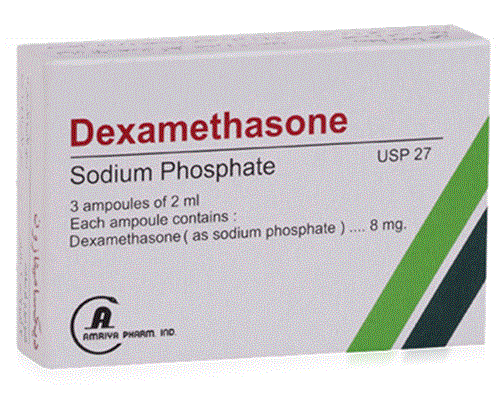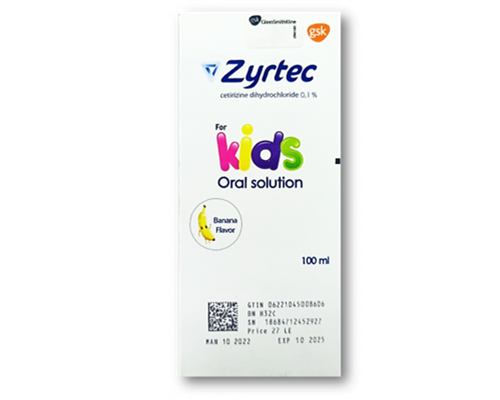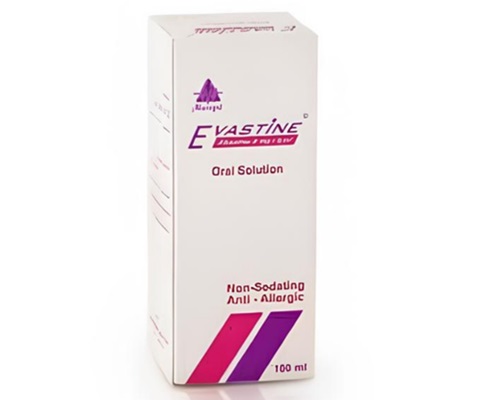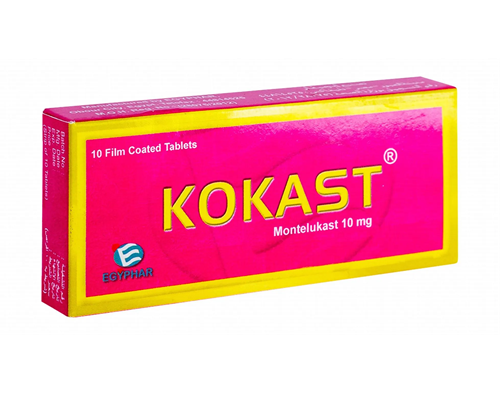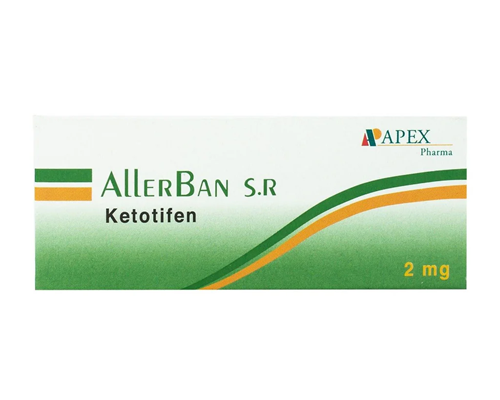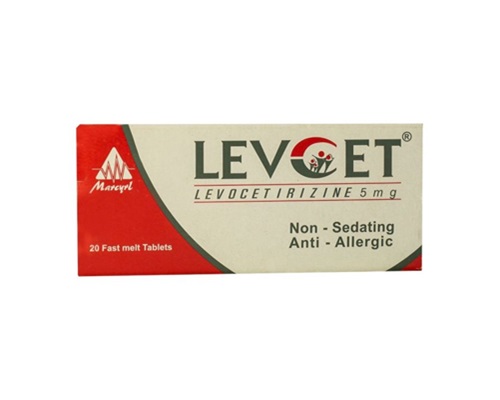Description
Tradename:
Dexazone
Compound:
Each tablet contains:
Dexamethasone 0.5 mg.
Properties:
When used systemically, the therapeutic activity of dexamethasone is due to its anti-inflammatory, antiallergic, immunosuppressive and antiproliferative effects.
Indications:
Systemic connective tissue diseases (systemic lupus erythematosus, scleroderma, periarteritis nodosa, dermatomyositis, rheumatoid arthritis); acute and chronic inflammatory diseases of the joints: gouty and psoriatic arthritis, osteoarthritis (including post-traumatic), polyarthritis, glenohumeral periarthritis, ankylosing spondylitis (Bechterew’s disease), juvenile arthritis, Still’s syndrome in adults, bursitis, nonspecific tenosynovitis, synovitis and epicondylitis ; rheumatic fever, acute rheumatic carditis; bronchial asthma, exacerbation; status asthmaticus; acute and chronic allergic diseases: allergic reactions to drugs and foods, serum sickness, urticaria, allergic rhinitis, angioedema, drug exanthema, hay fever; skin diseases: pemphigus, psoriasis, eczema, atopic dermatitis, diffuse neurodermatitis, contact dermatitis (affecting a large surface of the skin), toxicoderma, seborrheic dermatitis, exfoliative dermatitis, toxic epidermal necrolysis (Lyell’s syndrome), bullous dermatitis herpetiformis, malignant exudative erythema (syndrome) Stevens-Johnson); cerebral edema (including due to a brain tumor or associated with surgery, radiation therapy or traumatic brain injury) after prior parenteral use of dexamethasone; allergic eye diseases: allergic corneal ulcers, allergic forms of conjunctivitis; inflammatory eye diseases: sympathetic ophthalmia, severe sluggish anterior and posterior uveitis, optic neuritis; primary or secondary adrenal insufficiency (including the condition after adrenalectomy; congenital adrenal hyperplasia; kidney diseases of autoimmune origin (including acute glomerulonephritis); nephrotic syndrome; subacute thyroiditis; diseases of the hematopoietic organs: agranulocytosis, panmyelopathy, autoimmune hemolytic anemia , acute lympho- and myeloid leukemia, lymphogranulomatosis, thrombocytopenic purpura, secondary thrombocytopenia in adults, erythroblastopenia (erythrocytic anemia), congenital (erythroid) hypoplastic anemia: acute alveolitis, pulmonary fibrosis, stage II-III sarcoidosis; pulmonary tuberculosis, aspiration pneumonia (in combination with specific chemotherapy); Leffler’s syndrome (not amenable to other therapy); oncological disease of the lung (in combination with cytostatics); gastrointestinal diseases: ulcerative colitis, Crohn’s disease, local hepatitis; ; prevention of transplant rejection; multiple myeloma (in combination with lenalidomide); conducting a test for the differential diagnosis of hyperplasia (hyperfunction) and tumors of the adrenal cortex.
Directions for use and dosage:
The dose is selected individually depending on the nature of the disease, the degree of its activity and the patient’s response to treatment.
Acute conditions – 2-3 mg/day, in severe cases up to 10 mg/day.
Chronic diseases – 2-4.5 mg/day.
Contraindications:
Hypersensitivity to dexamethasone; systemic mycoses, other systemic infections. Peptic ulcer, acute psychosis.
Simultaneous use with live antiviral vaccines; breastfeeding period.
Precautionary measures:
During pregnancy, the drug can be used only when the expected benefit to the mother outweighs the potential risk to the fetus.
If treatment with dexamethasone is necessary during breastfeeding, breastfeeding should be discontinued.
In children during the growth period, dexamethasone should be used only for absolute indications and under the careful supervision of the attending physician.
In order to reduce side effects, the intake of potassium in the body should be increased.
Dexamethasone should be prescribed with caution for systemic parasitic and infectious diseases of a viral, fungal or bacterial nature (including a history, including recent contact with a patient) – herpes simplex, herpes zoster, chickenpox, measles, amoebiasis, strongyloidiasis (established or suspected), systemic mycosis, active or latent tuberculosis; during the vaccination period (8 weeks before and 2 weeks after vaccination), with lymphadenitis after BCG vaccination; immunodeficiency states (including AIDS or HIV infection); diseases of the gastrointestinal tract (peptic ulcer of the stomach or duodenum, esophagitis, gastritis, acute or latent peptic ulcer, recently created intestinal anastomosis, ulcerative colitis with the threat of perforation or abscess formation, diverticulitis); diseases of the cardiovascular system, incl. recent myocardial infarction.
Side effects:
From the endocrine side


